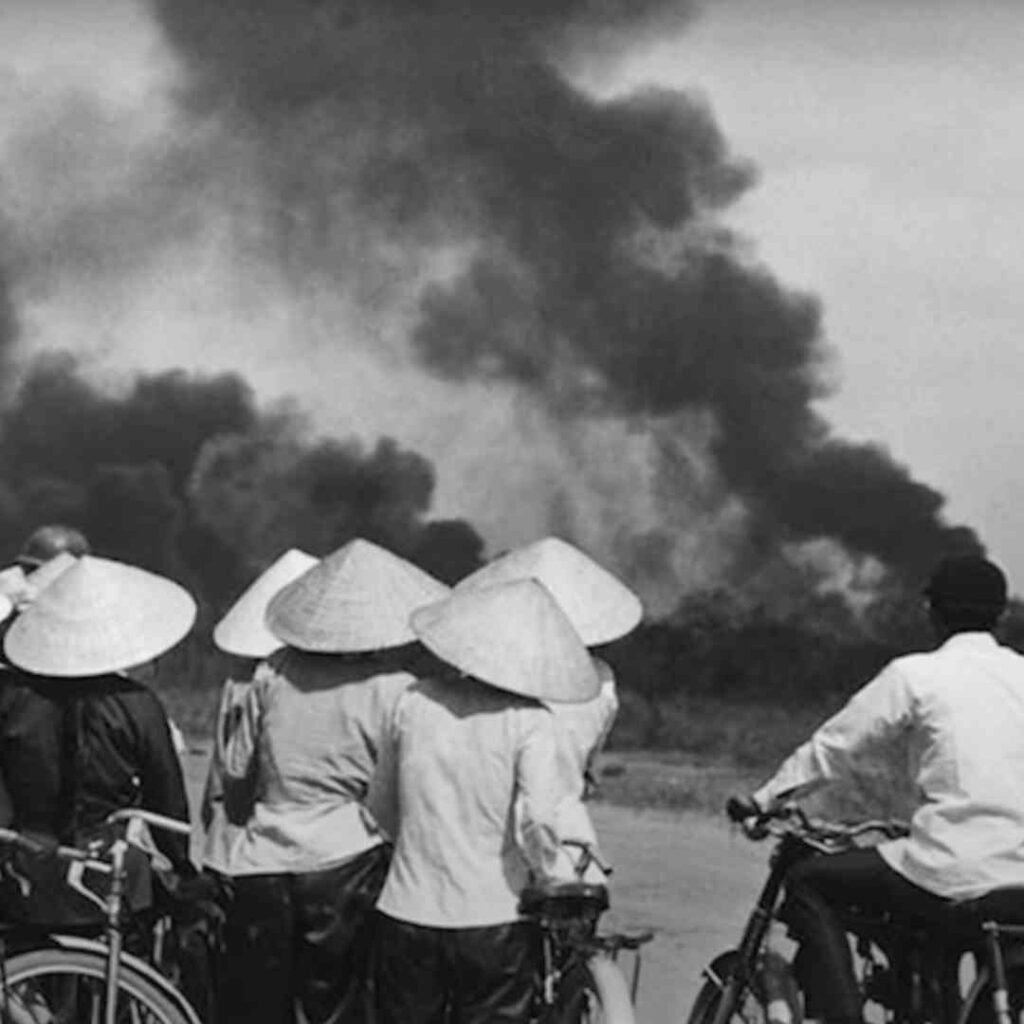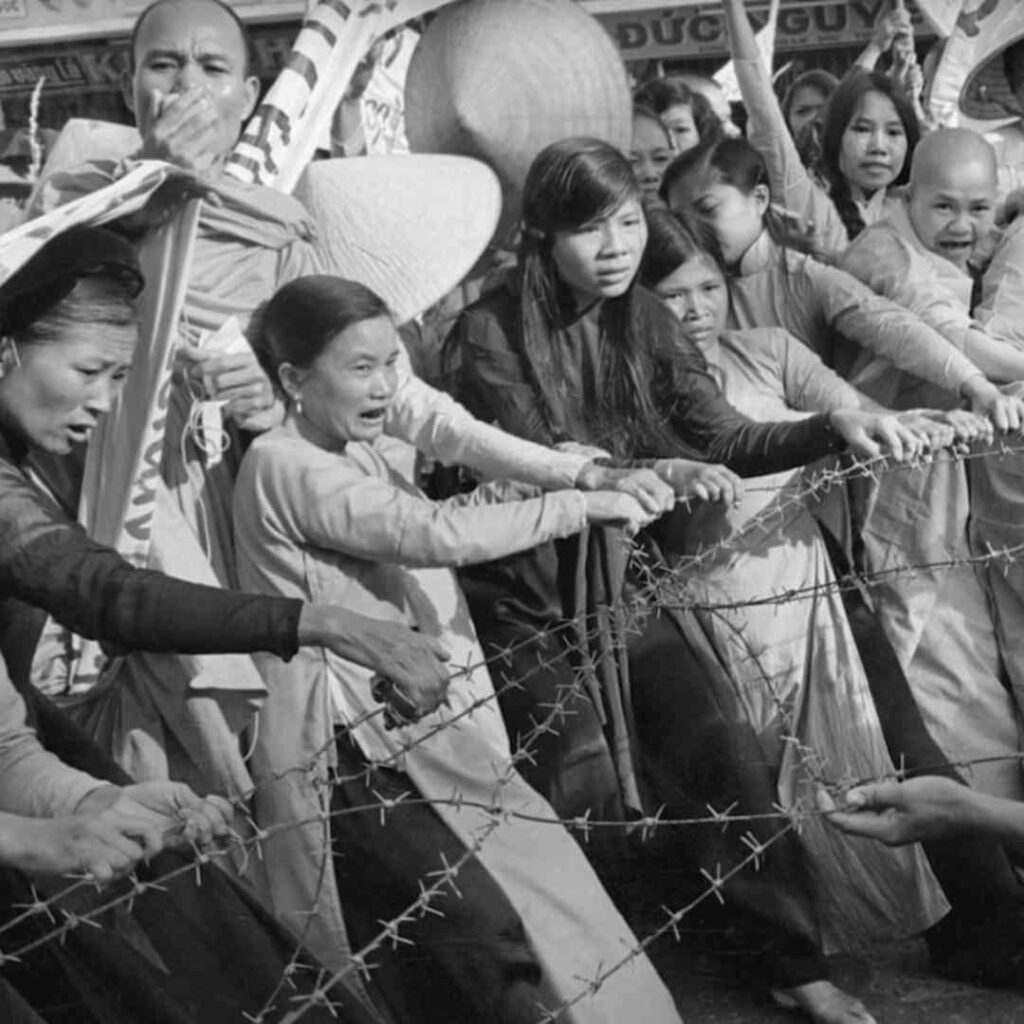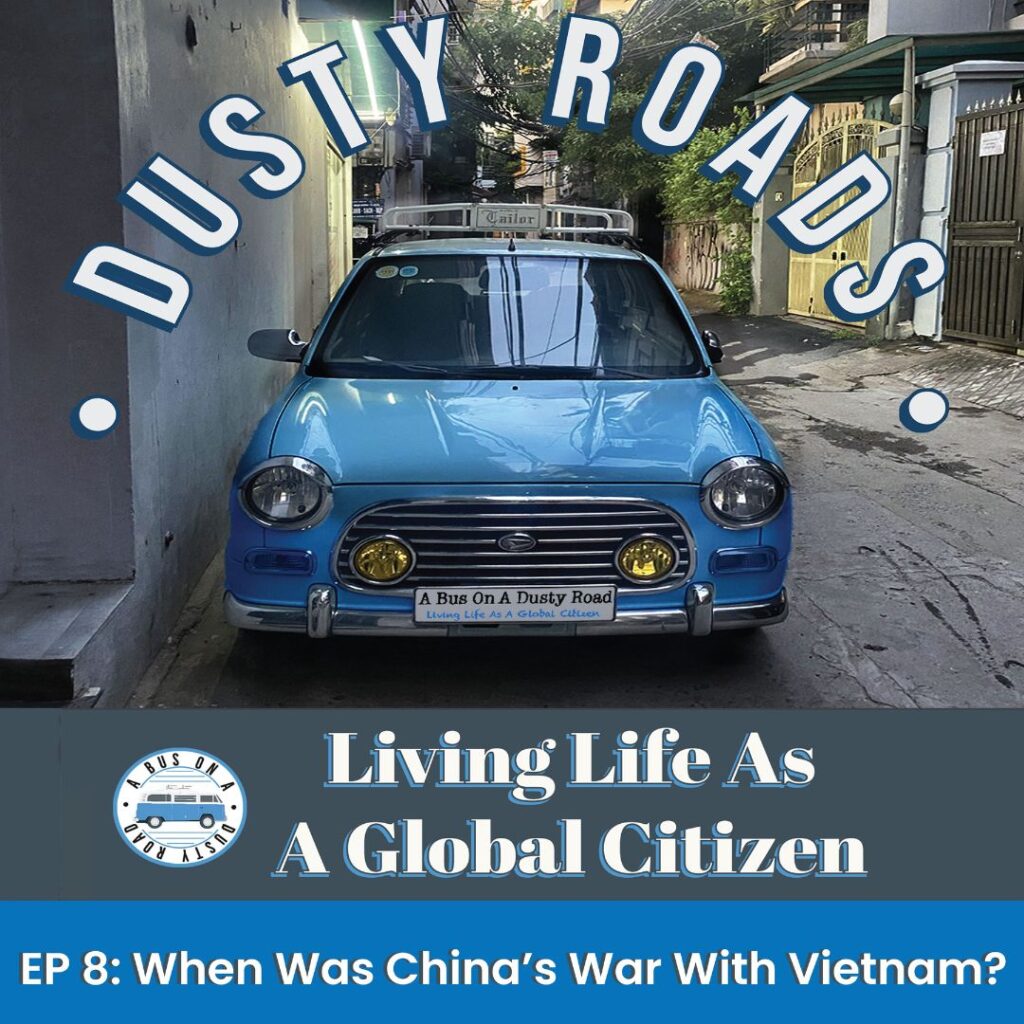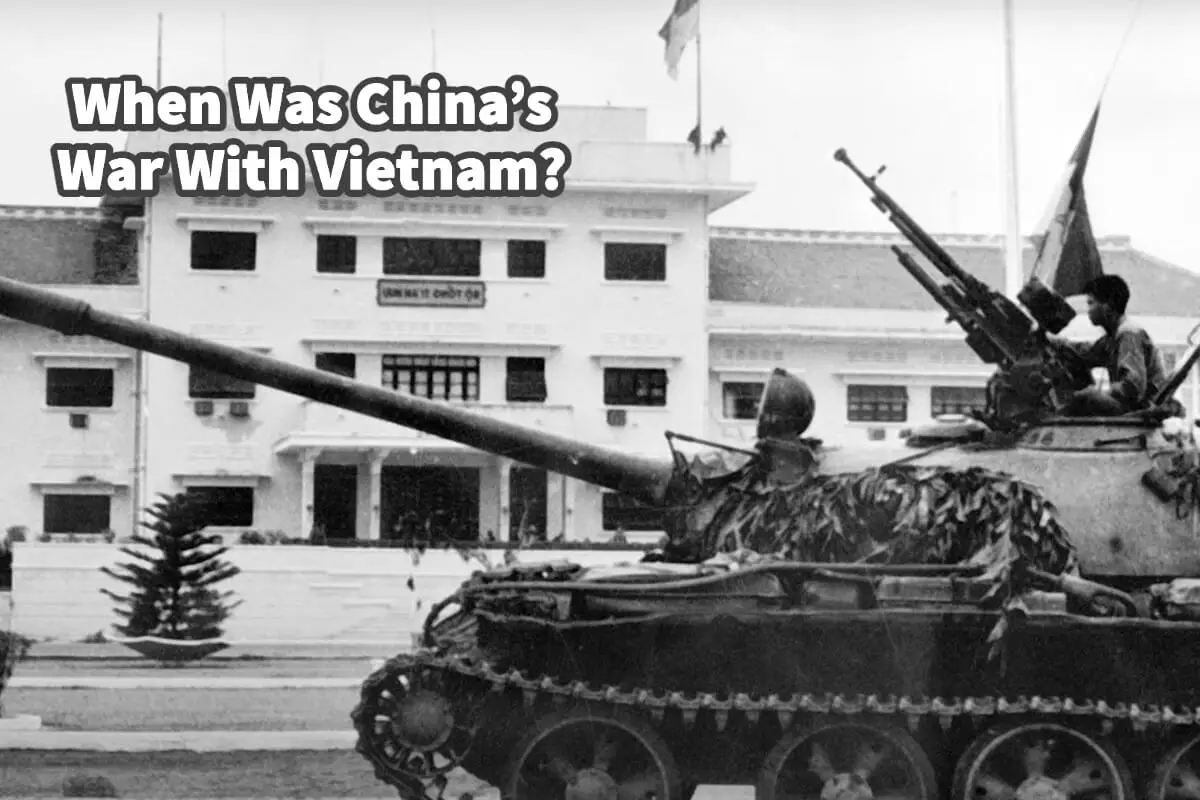China and Vietnam have a long history with one another, which includes wars and conflicts that date back to the 7th century. In recent years, both nations have become important trading partners, but there is still tension between them regarding their shared border in Southeast Asia.
The most significant conflict between China and Vietnam happened in 1979 – the Sino-Vietnamese War – although tensions had been building for some time due to disputes over territorial waters and Vietnam’s involvement in Southeast Asia, this war had a lasting impact on both Vietnam and China.
Table of Contents
The Sino-Vietnam War Of 1979
China’s war with Vietnam is one of the most significant conflicts in recent history. The conflict between China and Vietnam lasted from February 17th to March 16th, 1979, resulting in China’s invasion of Vietnam.
This war has had lasting impacts on both countries due to its violent nature and China’s use of superior forces against the Vietnamese people. The reasons for China’s attack are still debated today. Still, it largely stemmed from China’s dissatisfaction with Vietnam’s communist government and their support for Cambodian rebels fighting against China-backed Khmer Rouge forces.
Added to this, China was very concerned about the strong Soviet influence in Vietnam and feared that Vietnam would become a type of proletariat of the Soviet Union.
At this time, Vietnam was also bragging that they were the most powerful military in the world as they had beaten the United States in the Vietnam war. The bragging about the Vietnamese military power made the Chinese very nervous.

In addition, China wanted to show its strength as a regional superpower by suppressing what it saw as an independence movement in Cambodia that threatened Chinese interests in Southeast Asia. Ultimately, China achieved military victory over the Vietnamese forces but failed to achieve any political or strategic gains from their conflict with Vietnam.
During this Sino- Vietnam conflict, over 200,000 Chinese soldiers invaded Vietnam.

China’s invasion of Vietnam resulted in a victory for China, but it also resulted in heavy losses and damage to the Vietnamese people. China lost an estimated 20,000 troops, while Vietnam suffered more than 33,000 casualties.
In addition, China had to withdraw from Vietnam after it failed to gain political or strategic gains from the conflict. Despite China’s victory, the war had a lasting impact on both China and Vietnam.

Listen To Our Podcast About When Was China’s War With Vietnam? below or by clicking here.
Lasting Impact Of The Sino-Vietnam War Of 1979
Many countries criticized China for using military force against civilians and tarnishing its reputation in Southeast Asia as a regional superpower.
On the other hand, Vietnam emerged from the war with increased international support and recognition due to its resistance to China’s invasion.
Lasting Impact of the Sino-Vietnam War of 1979
Here are some of the results of the lasting impact of the 1979 Sino-Vietnam War:
- Both sides of the Sino-Vietnam war suffered hefty casualties and losses. China lost at least 20,000 soldiers, and Vietnam between 10,000 to 30,000 dead or missing in action.
- The conflict deepened the animosity between Vietnam and China. Even today, from time to time, you may see some anti-Chinese sediment in Vietnam. We must remember that Vietnam was under Chinese control for about 1000 years. I have personally seen some anti-Chinese demonstrations in Vietnam’s capital Hanoi.
- You may find in Vietnam that some Vietnamese are extremely anti-China. Much of this has to do with this Sino-Vietnam conflict and its impact on the Vietnamese people in the loss of life.
- Vietnam was forced to introduce a period of economic austerity as it needed to rebuild its infrastructure and resources that were destroyed during the conflict. We must remember that during this period, Vietnam was coming off of the Vietnam war with America, so many Vietnamese people suffered greatly due to this additional conflict between China and Vietnam.
- The Sino-Vietnamese War increased military spending from both sides, negatively affecting their respective economies. But at the same time, it strengthened both of their militaries in case of another conflict.
- Several border disputes between the two countries remained unresolved after the war, which hindered economic and diplomatic relations. Even today, between the China and Vietnamese border, there are times from the border may be open and other times the border may be closed.
- The Sino-Vietnamese War resulted in increased Chinese aggression towards other nations in Southeast Asia, leading to a growing sense of insecurity among Vietnam’s neighbors. This has led to Vietnam actively trying to court some other Asian neighbors, such as Japan and Korea.
- For an extended period, the Soviet Union assisted Vietnam. Because of the Sino-Vietnam conflict also led to an intensification of Soviet military assistance to Vietnam.
- The Southeast Asian Seas continue to be a hotbed for issues within southeast east Asia, particularly between China and Vietnam, and who has the rights to what waters.
On the bright side, China and Vietnam understand that they are neighbors and need to be friendly and learn to work together. China and Vietnam are now working to resolve their differences through diplomacy, but the impact of China’s war with Vietnam will continue to be felt for generations.
At A Bus On A Dusty Road, we talk about travel, life, and ex-pat living. We are all about “Living Life As A Global Citizen.” We explore social, cultural, and economic issues and travel.
We would love to have you be part of our community. Sign up for our newsletter to keep up-to-date by clicking here. If you have any questions, you can contact me, Anita, by clicking here.
Listen to our Podcast called Dusty Roads. You can find it on all major podcast platforms. Try out listening to one of our podcasts by clicking here.
Subscribe to our A Bus On A Dusty Road YouTube Channel with great videos and information by clicking here.
Related Content
How Long Did It Take to Build the Whole Great Wall of China?
The Great Wall of China took over 2,000 years to build. The building spans many Chinese Dynasties for about 22 centuries. The construction of the wall ended in the Ming Dynasty in 1644. The Great Wall is one of the largest human-made construction projects globally; the Great Wall is over 21,196 kilometers or 13,171 miles. There are over 25,000 watchtowers scattered throughout the Great Wall structure.
You can read our blog on How Long Did It Take to Build the Whole Great Wall of China? by clicking here to learn more.
What Happened To The Manchu People In China?
The Manchu people ruled China for over 250 years, from 1644 to 1911. Anyone who has watched the Last Emperor of China can understand a bit about the collapse of the Manchurian or Qing Dynasty in China. The Qing Dynasty was the last dynasty in China.
You can discover more by reading our blog, What Happened To The Manchu People In China? by clicking here.
Is Hong Kong A Separate Country Or A Part Of China?
Hong Kong and China have basic laws similar to what we would in the United States consider our constitution or our rights as individuals and citizens of a country. The Hong Kong Basic Law clearly states that Hong Kong is part of China’s territory.
By clicking here, you can discover more by reading our blog, Is Hong Kong A Separate Country Or A Part Of China?.


